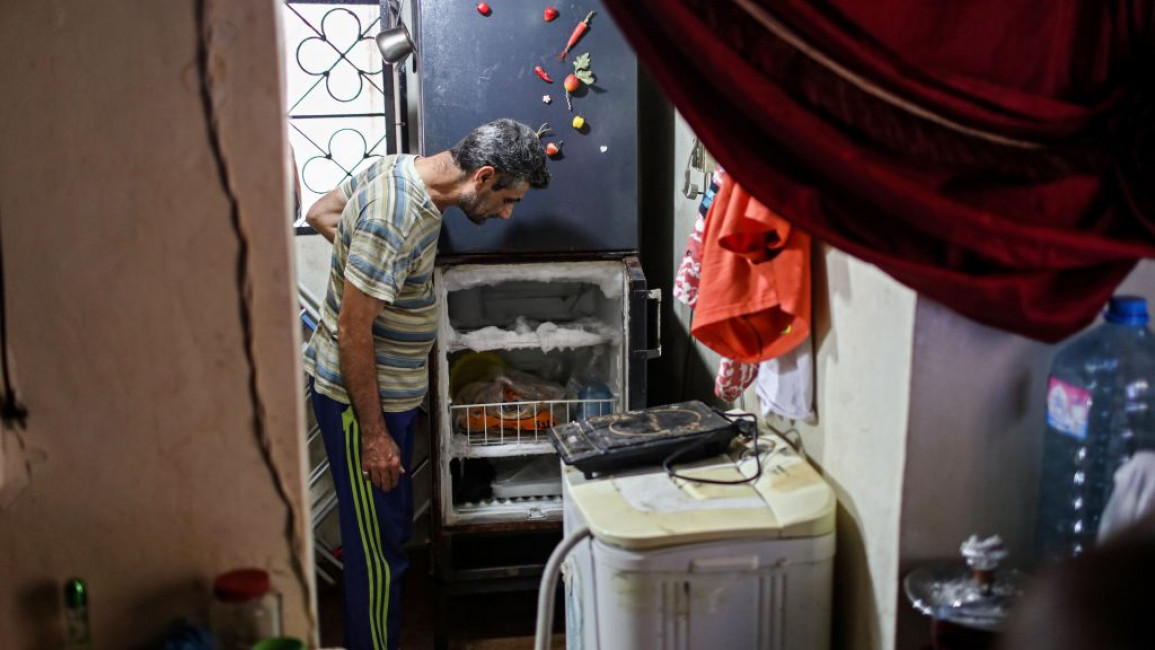Three-out-of-four Lebanese now live in poverty: UN body
Poverty in Lebanon has drastically increased in the past year, affecting 74 percent of the country's 6.8 million population, the UN said on Friday.
Multidimensional poverty - which takes into accounts factors other than income, such as access to health, education, and public utilities - affects 82 percent of people living in Lebanon, the report by the UN Economic and Social Commission for Western Asia (ESCWA) said.
Beirut-based ESCWA said that in a report published last year, it found the headcount poverty rate jumped from 28 percent to 55 percent between 2019 and 2020.
But according to Monday's updates, the multidimensional poverty rate in Lebanon has nearly doubled from 42 percent in 2019 to 82 percent in 2021.
Between June 2019 and June 2021, inflation in Lebanon soared to 281 percent, which coupled with currency depreciation has led to a significant decrease in living standards.
The new policy brief showed that the number of households deprived of health care increased to 33 percent, and the number of those unable to obtain medicines climbed to more than half.
Extreme multidimensional poverty affects 34 percent of the population today, the report said.
🛑 About 74% of Lebanon’s residents plunge into poverty❗
— ESCWA (@UNESCWA) September 3, 2021
Taking into account access to health, education & public utilities, increases the rate to 82% of the population living in multidimensional poverty, warns a new policy brief issued #today by #ESCWA👉https://t.co/iaGyrwEbV6 pic.twitter.com/OThEolS9eX
Rola Dashti, executive secretary of the Beirut-based ESCWA, repeated previous calls for the establishment of a social solidarity fund for the crisis-ridden country.
In 2020, ESCWA put forward a proposal urging 10 percent of the richest decile in Lebanon, who held nearly $91 billion of wealth at the time, to bridge the funding gap for poverty eradication by making annual contributions of 1 percent of their wealth.
"Mitigating the impact of the crisis requires solidarity and cooperation between all segments of the Lebanese society," Dashti said.
Lebanon is grappling with an economic crisis branded by the World Bank as one of the planet's worst in modern times.
Lebanon's economic collapse has stripped the national currency of most of its value.
The crisis deepened when the central bank started removing subsidies in order to shore up its dwindling foreign currency reserves, making the cost of fuel imports more expensive.
That has led to shortages of almost everything, with power cuts lasting up to 22 hours a day and fuel for private generators increasingly scarce.



